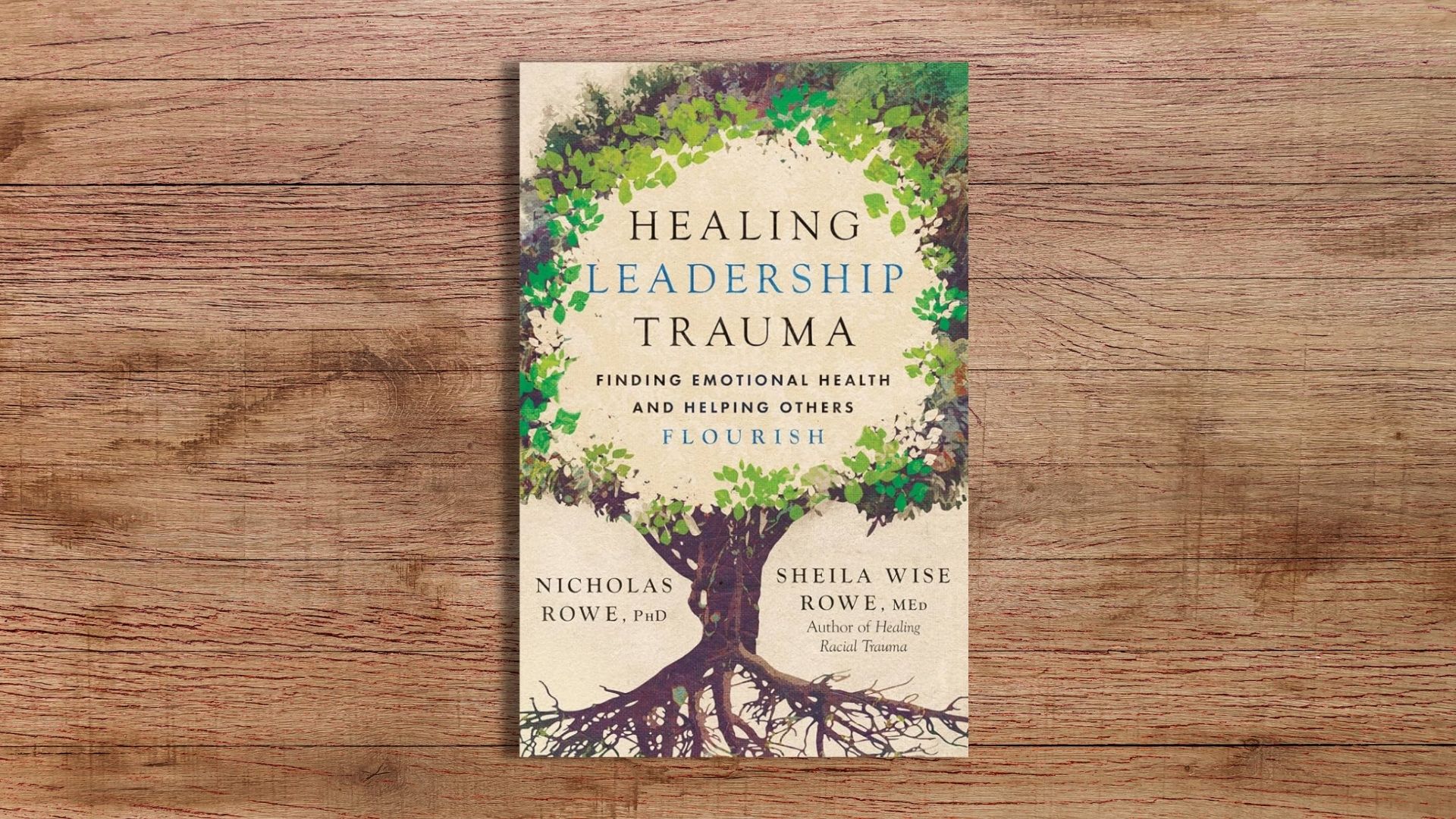 SOUTH HAMILTON, MA (December 6, 2017) – In an increasingly diverse and fractured society, Covenant minister and professor Matthew D. Kim hopes his new book Preaching with Cultural Intelligence: Understanding the People Who Hear Our Sermons (Baker Academic, 2017) will help build homiletic and congregational bridges.
SOUTH HAMILTON, MA (December 6, 2017) – In an increasingly diverse and fractured society, Covenant minister and professor Matthew D. Kim hopes his new book Preaching with Cultural Intelligence: Understanding the People Who Hear Our Sermons (Baker Academic, 2017) will help build homiletic and congregational bridges.
“Cultural exegesis is a rigorous study of the lives and cultures of our listeners,” Kim, associate professor of preaching and ministry at Gordon-Conwell Theological Seminary, said in a recent interview.
“The meaning of the text remains the same, but the way preachers acknowledge and ask questions from the listeners’ perspectives, structure outlines, use illustrations, and apply the text will differ depending on the cultures in the church,” Kim said.
Kim says cultural intelligence can be learned. “It’s understanding people and desiring to know them beyond the surface level. It resembles other types of intelligence, but the difference is that cultural intelligence is a continuous process of learning which you can get better at doing. You don’t take a two-week Preaching with Cultural Intelligence course and immediately become culturally intelligent.”
In the book Kim notes the importance of delineating the meanings of race, ethnicity, and culture. Race refers to one’s physical characteristics whereas ethnicity relates to sociological, historical, and cultural differences among people groups. He adds that ethnicity is different from culture, which he defines as “the way of living, way of thinking, and way of behaving.”
Every congregation has multiple cultures, even if there isn’t necessarily racial or ethnic diversity within that context, Kim observes. That diversity includes denominational or doctrinal differences, gender, locational nuances, generational differences, stages of faith development, socioeconomic backgrounds, political commitments, and more. Kim adds that it is especially important for preachers to consider the cultures of those who are on the margins of the congregation or who don’t currently attend the church so that they will feel welcome.
The book offers a step-by-step template to guide preachers as they interpret Scripture with culture in view and to help them consider cultural relevance and sensitivity as part of their sermon preparation. In each chapter Kim uses the template to help preachers exegete Scripture faithfully and communicate effectively to different cultural groups: in particular, denominations, ethnicities, gender, locations, and religions.
We all struggle with prejudice and discrimination in our hearts. I want all preachers to do a better job of loving others through our preaching and ministry.
Kim’s book is rooted in years of study as well as his experience as a senior pastor and growing up as “the other.” Born and raised in Chicago, he is the son of Korean immigrants, and he and his younger brothers were the only Asians in their elementary school. “It was a difficult time to grow up as a child of immigrants, going back and forth between the Korean immigrant church and wrestling what it meant to be Asian in a white school. We lived and breathed in American culture but had Korean culture taught at home and in the Korean immigrant church. We grew up with a lot of cultural tensions.”
“The assumption is that minorities have to assimilate into the dominant culture, whatever that dominant culture is. There has been little or no effort made by the majority to understand that ‘minority’ person who is made in Christ’s image because of their skin color or other differences,” Kim says. “Because I’ve experienced this discrimination so many times in my life, I wanted to write a book that could help pastors and preachers embrace others as Christ loves them.”
Kim emphasizes, “I acknowledge in the book that we all struggle with prejudice and discrimination in our hearts. I want all preachers to do a better job of loving others through our preaching and ministry.”
Although the book is written primarily for preachers, laypeople will also benefit from its principles and grow in cultural intelligence.
Kim is the author of several books, including: 7 Lessons for New Pastors: Your First Year in Ministry and Preaching to Second Generation Korean Americans. His forthcoming books include: Homiletics and Hermeneutics: Four Views on Preaching Today (Baker Academic), Finding Our Voice: An Introduction to Asian North American Preaching (Weaver), and A Little Book for New Preachers: Why and How to Study Preaching (IVP Academic). He is a past president of the Evangelical Homiletics Society.













